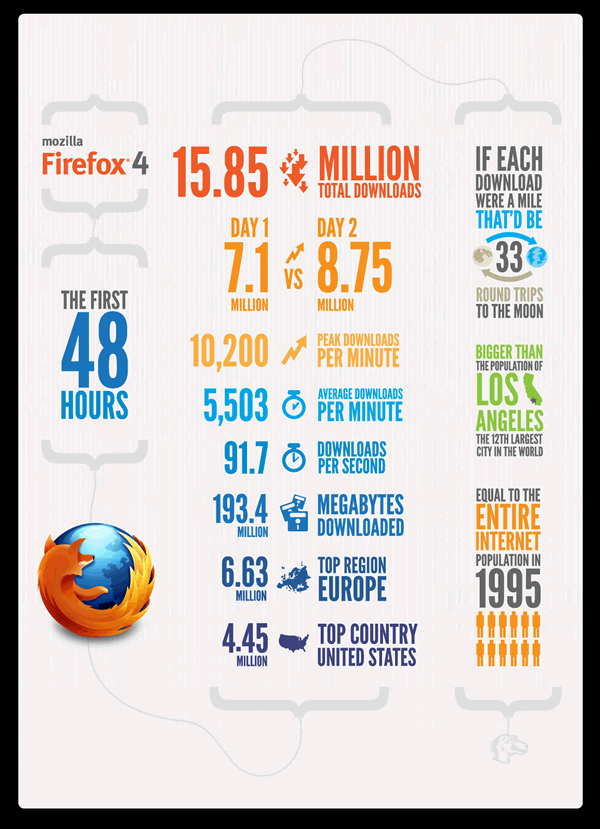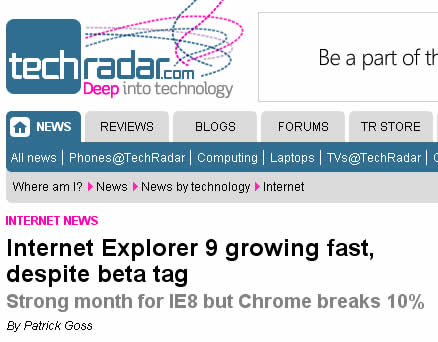Microsoft is under fire for (once again) abusing its Windows platform to push its own web browser, reminiscent of its actions in the mid-90s.
Microsoft’s history in the mid-90s was dominated by its browser war with Netscape. The company ultimately bundled Internet Explorer so tightly with Windows, that it was simply too difficult and inconvenient for most users to continue relying on Netscape.
It seems Microsoft may be reverting back to that behavior and, in the process, is drawing sharp criticism from third-party browser makers, including Mozilla, Brave, Opera and Vivaldi. As The Verge points out, Windows 11 asks the user, when they install a third-party browser and try to open a link for the first time, which browser they want set as their default. However, unless the user selects “always use this app,” the default will remain unchanged. There’s also no fast and easy way to go back and do so if the user doesn’t get it right during that initial dialog.
To make matters even worse, rather than providing a simple method to change the web browser in settings, Microsoft now forces users to select the browser they want to use for each and every one of the various filetypes that often comprise a website. That means the user has to set the default web browser for HTTP, HTTPS, HTM, HTML, XHT, XHTML, PDF, SHTML, SVG, WEBP and FTP.
While users obviously may want to use a dedicated FTP or PDF client, every other one of those files should all be lumped together, handled by a single default browser.
Even if a user goes through the tedious process of changing the default browser for each and every one of the necessary file types, it still won’t stop Windows from defaulting to Edge. A number of browser-based widgets will still open Edge regardless of the default setting.
Inexplicably, Microsoft says this is what users want.
“With Windows 11, we are implementing customer feedback to customize and control defaults at a more granular level, eliminating app categories and elevating all apps to the forefront of the defaults experience,” a Microsoft spokesperson told The Verge. “As evidenced by this change, we’re constantly listening and learning, and welcome customer feedback that helps shape Windows. Windows 11 will continue to evolve over time; if we learn from user experience that there are ways to make improvements, we will do so.”
What Microsoft no doubt meant to say is: “We searched long and hard to find the most technologically masochistic users we could find, ones that love having their own technology fight against them, and based our decisions on their feedback.”
There were a lot of great things about the ‘90s, but Microsoft’s behavior wasn’t one of them. The company should abandon this nonsense immediately.










